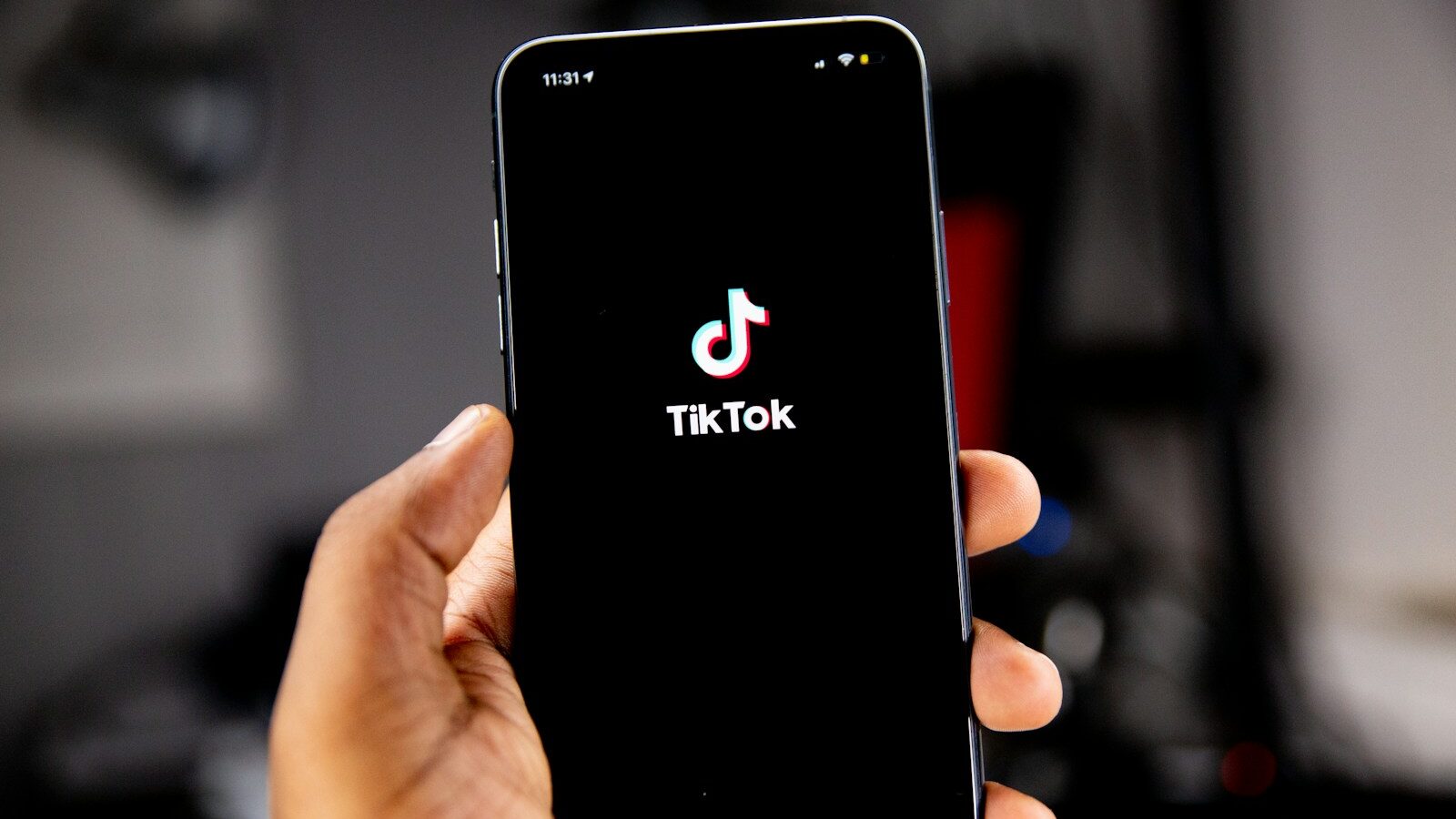In a recent survey of 500 UK retail workers, nearly a quarter (21%) said they plan on leaving their job within the next 12 months, while another 19% are still undecided. Do the maths and it’s enough to send retail bosses into a cold sweat: the industry could see up to 40% churn by next summer.
So what’s fuelling this mass attrition? Is it simply that retail workers are taking advantage of the employee-led market, or are they genuinely disenfranchised and looking for better experiences elsewhere? More than likely, it’s both.
In UK retail, the research showed that as many as 8 out of ten employees are having a conversation with their manager at least once a month
Let’s examine the facts
What we do know is that the industry as a whole is failing to address the things that matter most to retail employees. The research revealed performance to be the dominant topic of conversation during one-to-ones despite respondents citing work-life balance and wellbeing as the things they most want to talk about with their managers. Worse still, performance fell amongst the topics that employees least want to talk about.
That’s a huge misalignment but it’s only when we drill down to people’s basic human needs that we get to the root of the problem: many retailers have turned their attention to performance without first ensuring the factors that drive it. Wellbeing, motivation, development for example, are being nurtured as part of that conversation. It’s also why employees who plan on leaving cite ‘feeling more valued’ as the top factor that would persuade them to stay. Not benefits. Not even bonuses. Just feeling more valued.
So herein lies the big opportunity for retailers: enabling manager-employee conversations that are tailored to the individual employee, and which cover a breadth of content beyond just performance. But how exactly can retailers support this, and what are the key things to consider?
Frequency is futile
Firstly, it’s time to stop focusing on frequency as a fix-all solution. The importance of regularity is now widely accepted and that’s a significant step forward. But it’s only part of the puzzle.
In UK retail, the research showed that as many as 8 out of ten employees (83%) are having a conversation with their manager at least once a month. That shows considerable progress but it comes with a key caveat: unless this frequency is paired with broad-reaching conversations that cover the issues most important to the employee, the value of that frequency is futile – and it could even hinder retention efforts.
As a subset to this, though, it’s encouraging to see more and more employers recognising that frequency is a subjective issue. What works best for one employee won’t necessarily gel with another. Some people prefer quarterly check-ins while others will opt for monthly or weekly. The goal is therefore to support the right level of frequency for the individual employee whilst also ensuring that conversations cover a breadth of relevant content.
When we talk about enabling people to reach their full potential at work, we must look at the whole person
The benefits of going broad
So let’s look at the benefits of swapping performance-centric conversations for broad and bespoke one-to-ones.
People’s ability to perform at work is dependent on a myriad of factors, not least motivation. Likewise, motivation is inherently connected to wellbeing, development, and engagement. These are not standalone issues, they’re the collective parts in the formula for performance success.
That said, when we talk about enabling people to reach their full potential at work, we must look at the whole person – and more specifically, the things they need in order to learn, remain motivated, and stay well. This calls for holistic and human conversations that cover the issues that matter most to any one individual.
It is only through these broad conversations that managers are able to gain a deeper understanding of the employee and cater to their specific needs and wants. For employees who are parents or carers, that might mean flexible working. For those who are struggling financially, it might be an advanced salary payment. The potential scenarios are endless but the point is this: no-holds-barred conversations are essential to understanding employees and giving them what they need.
Inclusivity: the performance enabler
What we’re talking about here is inclusive performance enablement. Equitable and fair employee experiences that provide people with the specific tools, skills, and support they need in order to excel. More than anything, this requires a fundamental understanding that performance is relative. As humans, we’re all unique and there are always differentiating factors at play.
Think of it this way: if two employees start on the same project at the same time but one works part-time and the other full-time, is it fair to assume the full-time worker will finish first? Of course, it is. Is it also fair to therefore give the part-time worker an extended deadline? Absolutely.
The inclusion conversation has come a long way in the past two or three years but we’re not there yet. The same research revealed that part-time retail workers were more than twice as likely to say they’d never had a meaningful conversation with their manager compared with full-time employees.
It’s a perplexing finding when you consider that effective one-to-ones provide the single and best means of comprehending employee needs and enabling inclusivity. The solution, of course, is to ensure that all employees are given the same opportunities to speak with their managers – unbridled, and in a way that works for them.
So here we get to the crux of the matter: how can retailers – or indeed, any organisation – actually enable these frequent and broad conversations?
Technology is key – but not just any technology.
This isn’t just hearsay. Employees are consistently telling us that this is what they want and need
Listen to your employees
HR teams need to empower their managers and employees with the right tools that will drive awareness and understanding of people’s unique needs, wants, and drivers. These tools must provide managers with bespoke conversation frameworks to support effective discussions, and they should also facilitate employee-led conversations.
But this isn’t just hearsay. Employees are consistently telling us that this is what they want and need – and in fact, 92% of retail workers agreed that one-to-ones should be balanced, two-way conversations.
It is this critical employee insight, coupled with the right coaching and feedback, that creates the kind of employee experiences that truly enable people to thrive – and in the midst of the retail industry’s race to retain, it’s a must-have.
Interested in this topic? Read Hey presto! How to transform performance reviews and retain staff.
[cm_form form_id=’cm_65a14c3f5da64′]








